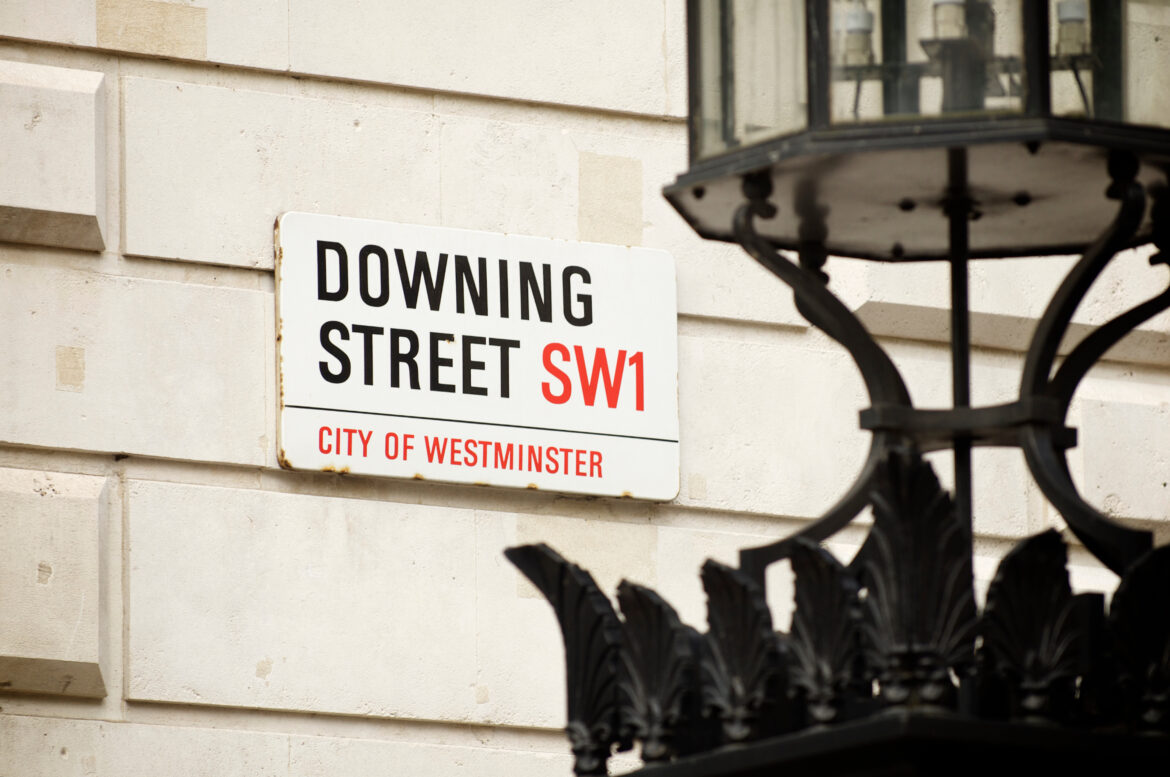
The recent Autumn Statement from the Chancellor has introduced significant changes to the UK’s tax landscape, leaving many investors looking for alternative, tax-efficient investment opportunities. With increased Capital Gains Tax (CGT) rates and the expansion of Inheritance Tax (IHT) liabilities to include pension funds, now is the time to explore the benefits of Scotch whisky cask investment as a strategic financial planning tool.
Capital Gains Tax: Higher Rates and Lower Allowances
One of the biggest shocks from the Chancellor’s statement was the sharp increase in CGT:
- Basic rate taxpayers now face an increase from 10% to 18%.
- Higher rate taxpayers (earning over £50,271 per annum) will see CGT rise from 20% to 24%.
- The tax-free CGT allowance has been reduced significantly from £12,600 in 2020 to just £3,000 in this current tax year.
How Does This Affect Whisky Cask Investors?
Unlike traditional investments such as property or stocks, Scotch whisky casks are classified by HMRC as ‘wasting chattels’ – assets with a lifespan of less than 50 years. As a result, gains made on whisky casks are completely exempt from Capital Gains Tax.
For investors seeking a tax-efficient way to build wealth, whisky cask investment offers a unique opportunity to benefit from capital appreciation without the burden of CGT. This exemption has remained unchanged for over 30 years, providing stability ‘wasting chattel’ an otherwise volatile tax environment.
Inheritance Tax: A Growing Burden for UK Families
Inheritance Tax (IHT) continues to be one of the most unpopular and punitive taxes in the UK. The Chancellor’s announcement included a major change that will increase the tax burden for many families:
- From April 2027, all pension pots—regardless of type—will be included in IHT calculations.
- IHT remains at 40% on estates above the tax-free allowances:
- £325,000 nil-rate band per individual
- £175,000 additional allowance for main residences (if passed to direct descendants)
Example: The Impact of IHT Changes
A married couple with two children and an estate valued at £2 million, including their main residence and pension funds:
- When the first spouse dies, there is no tax liability.
- Upon the death of the second spouse, the estate now includes £800,000 in pension funds.
- Total estate value: £2.8 million
- IHT allowance: £1 million
- Taxable estate: £1.8 million x 40% = £720,000 IHT liability
This significant tax liability underlines the importance of estate planning and considering tax-efficient assets such as whisky casks.
How Whisky Cask Investment Helps Reduce IHT
Because whisky casks are considered ‘wasting chattels’, they are not subject to Inheritance Tax in the same way as traditional investments. Including whisky casks as part of a broader financial strategy can help reduce overall tax liabilities by:
- Diversifying assets away from taxable estate components – Whisky casks can be structured within a family trust or as part of an estate plan, minimising exposure to IHT.
- Providing an alternative, tax-efficient store of value – Unlike property, pension funds, or stock portfolios, whisky cask investments benefit from unique tax advantages that allow capital growth without additional tax burdens.
- Enhancing generational wealth transfer – Investors can pass on whisky casks to beneficiaries outside of conventional estate assets, potentially reducing IHT liabilities.
Take Action: Secure Your Tax-Efficient Investment Today
With just 14 months before these new tax rules come into effect, now is the time to explore alternative investment strategies that safeguard your wealth for future generations.
What Can You Do?
- Make a will and keep it updated – Ensure your estate is structured in the most tax-efficient way.
- Seek professional tax advice – Independent financial planning can help identify ways to mitigate exposure to CGT and IHT.
- Utilise trusts and gifting allowances – Assets placed in trusts or gifted under the seven-year rule can reduce taxable estate values.
- Consider whisky cask investment – Take advantage of CGT exemptions and IHT estate planning options to secure a tax-efficient asset with strong growth potential.
To learn more about how whisky cask investment can fit into your financial planning, join our exclusive webinar covering these topics in greater detail which will be released very soon.
Contact your account manager and take control of your tax-efficient investment strategy today.

